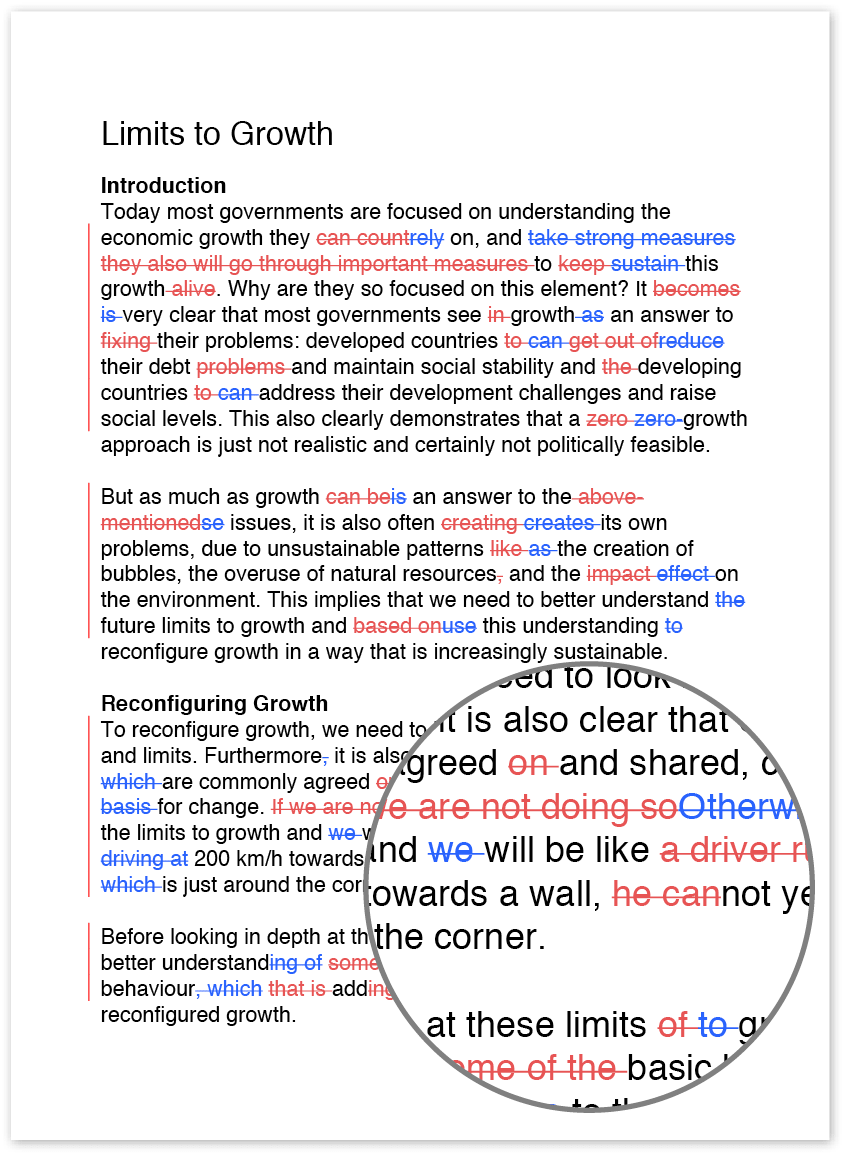Commonly confused words
Many words in the English language sound alike but have different meanings and different spellings. Below we’ve listed some of the most commonly confused words along with their meanings.
Accept and Except
‘Accept’ means ‘consent to receive something that has been offered’. ‘Except’ means ‘not including’ or ‘other than’.
Affect and Effect
‘Affect’ is a verb meaning ‘to have an effect on’ or ‘make a difference to’. ‘Effect’ is a noun meaning ‘a change which is a result of an action’ or a verb meaning ‘to cause something to happen’.
Apart and A Part
‘Apart’ means ‘separated by a distance’. ‘A part’ means ‘a fraction or a piece of a whole’.
Capital and Capitol
‘Capital’ means ‘the most important city or town of a country or region, usually its seat of government’ or ‘wealth in the form of money or other assets’. ‘Capitol’ means ‘the building that houses a government’s legislative branch’.
Complement and Compliment
‘Complement’ is a noun meaning ‘something that completes another thing’ or ‘a quantity of something, particularly the quantity required to make a group complete’; it is also a verb meaning ‘to add to something in a way that enhances it’. ‘Compliment’ is a noun meaning ‘a polite expression of praise’ or a verb meaning ‘to politely congratulate or praise someone or something’.
Conscience and Conscious
‘Conscience’ means ‘an inner feeling or voice that acts as a guide for determining the rightness or wrongness of one’s behavior’. ‘Conscious’ means ‘aware of and responding to one’s surroundings’.
Its and It’s
‘Its’ describes something ‘belonging to or associated with a thing’. ‘It’s’ is a contraction of the words ‘it’ and ‘is’.
Precede and Proceed
‘Precede’ means ‘to come before something in time’. ‘Proceed’ means ‘to begin or continue a course of action’.
Principal and Principle
‘Principal’ means ‘first in order of importance’, ‘an original sum invested or lent’, or ‘the person with the highest authority or most important position in an organization’. ‘Principle’ means ‘a fundamental truth that serves as the foundation for a system of belief or behavior’ or ‘a general scientific theorem or law with numerous applications’.
Stationary and Stationery
‘Stationary’ means ‘not moving or intended to move’. ‘Stationery’ means ‘writing paper, especially with matching envelopes’.
Than and Then
‘Than’ is a conjunction and preposition used to introduce the second element in a comparison or to introduce an exception or contrast. ‘Then’ means ‘at that time’ or ‘after that’.
Their, They’re, and There
‘Their’ means ‘belonging to or associated with things or people’. ‘They’re’ is a contraction of the words ‘they’ and ‘are’. ‘There’ means ‘in, at, or to a place in question’.
To, Two, and Too
‘To’ indicates motion in a specific direction or something approaching or reaching a particular condition; it is also used with the base form of a verb. ‘Two’ is a number indicating the sum of one and one. ‘Too’ means ‘to a higher degree than desirable, permissible, or possible’ or ‘in addition’.

